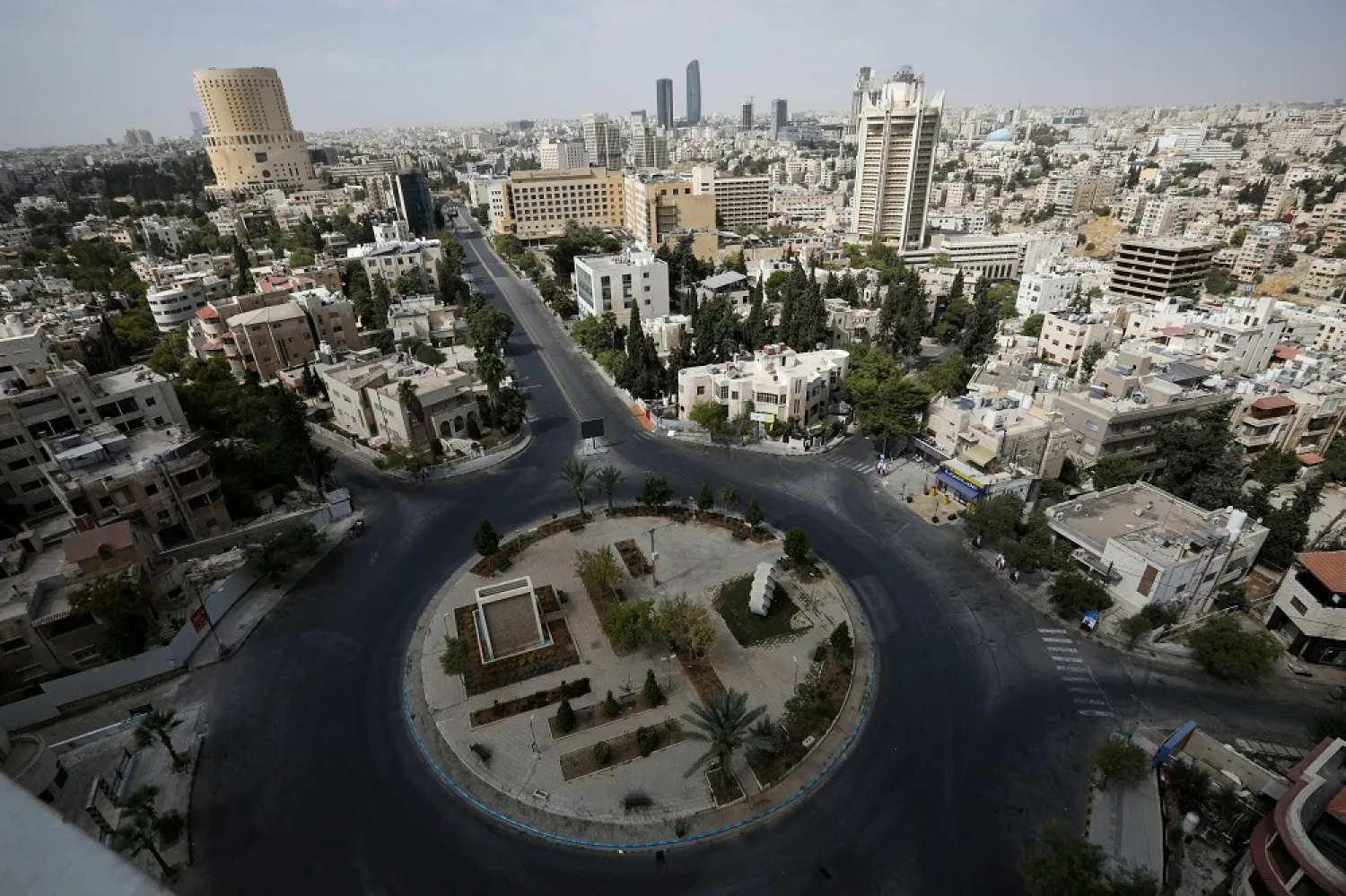Jordan will accelerate the momentum of IMF-backed structural reforms in 2022 to help a nascent recovery gather pace in an economy hard hit by the coronavirus pandemic and regional turmoil.
Jordan’s Finance Minister Mohammed al-Ississ told lawmakers ahead of a parliamentary session that passed the $15 billion 2022 budget that the country could ill afford any delay in reforms.
"The process of reform and dealing with the distortions and imbalances is more pressing and necessary than ever," he said in a speech ahead of a vote on the budget.
The International Monetary Fund said in January after the kingdom completed the third review of an ambitious four-year $1.5 billion program that the country's progress in reforms was helping maintain macroeconomic stability while supporting an emerging recovery.
The top official announced that the return to 2 percent growth last year after a steep 1.5 percent contraction in 2020, the worst in decades from the impact of the pandemic, showed "signs of economic recovery.”
Growth is expected to reach 2.7 percent in 2022, signaling an end to the recession and a return to pre-pandemic levels.
Ississ, who was praised by the IMF for the “sound financial reforms” that closed tax loopholes, expanded the tax base, and achieved the biggest revenue gains in years, said that the public budget deficit decreased by JD453 million to reach 5.4 percent of GDP.
The total in 2021 compared to seven percent in the previous year.
The IMF said the deficit is scheduled to drop to 3.1 percent of the GDP in the 2022 budget.
During a six-day session, several parliamentarians criticized the government for its failure to reduce the public debt, which amounted to JD29 billion, or nearly 91 percent of the GDP.
They called for more government jobs to soak unemployment, which hit record levels of about 24 percent.
Ississ blamed the rise in public debt on increased borrowings over the past decade to cover higher security costs, at a time when the region witnessed unrest with the closure of borders with Syria and Iraq, which were exacerbated by a large influx of refugees.
Debt service would fall in 2022 for the first time in years with cheaper financing that replaced commercial borrowing with soft loans from major donors, the minister said.
He said that Jordan's improved outlook helped maintain stable sovereign ratings at a time when other emerging market ratings were downgraded.









